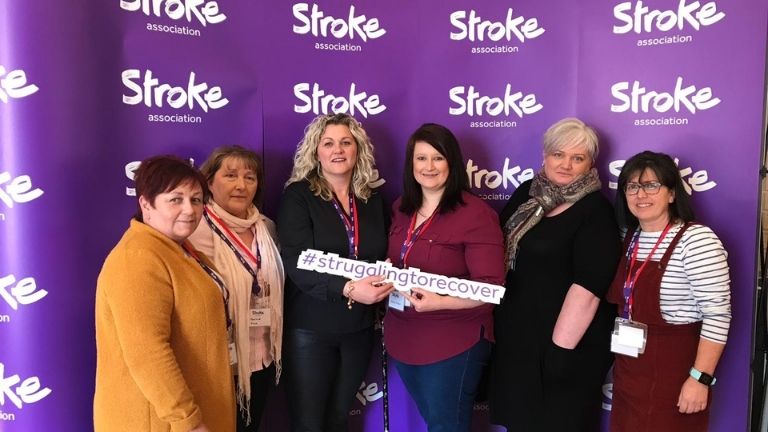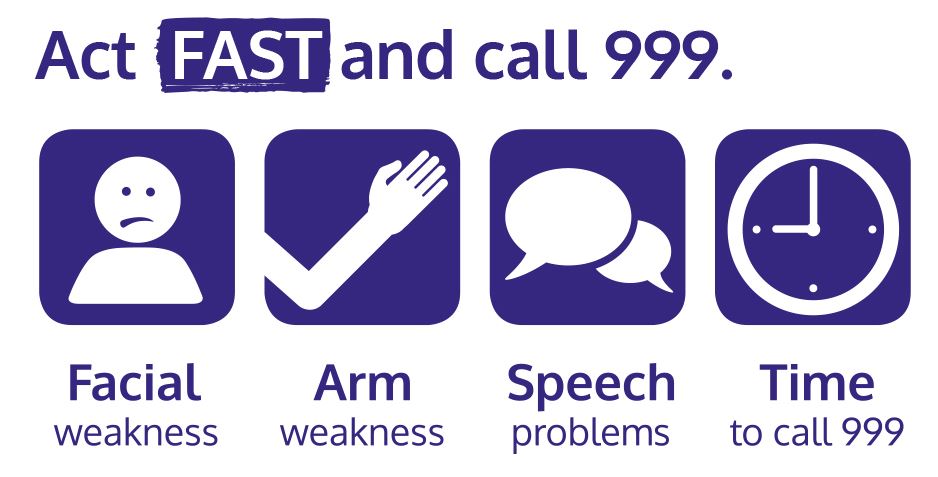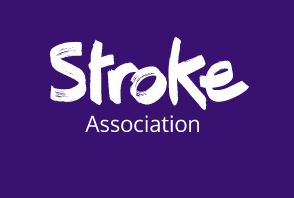For Stroke Prevention Day, Healthista spoke to Stacey Hutton who suffered a stroke aged just 23. We hear her shocking story as well as her plea to call 999 as soon as you suspect a stroke
Signs of a stroke – The FAST test:
Face – Can the person smile? Has their face fallen on one side?
Arms – Can the person raise both arms and keep them there?
Speech – Can the person speak clearly and understand what you say? Is their speech slurred?
Time – If you see any of these three signs, it’s time to call 999.
Stroke can happen to anyone, at any age. Every second counts. If you spot any of these signs of a stroke, don’t wait. Call 999 straight away.
In the UK, someone has a stroke every five minutes.
A stroke is a brain attack. It happens when the blood supply to part of the brain is cut off, killing brain cells. Damage to the brain can affect how the body works, as well as affecting how you think and feel.
In England, Wales and Northern Ireland the average age for someone to have a stroke is 72 for men and 78 for women.
However, there is now evidence to suggest that strokes are increasing among younger people with almost a quarter of all strokes affecting those aged 18 to 50.
strokes are increasing among younger people
Despite this rise in cases in younger individuals, more than four in five young adults are unworried about being at risk of a stroke in the next 10 years, according to a new survey from The Wellington Hospital.
In fact, the survey also found that many young adults have no idea that smoking, substance abuse and lack of sleep can increase the risk of a stroke occurring.
As well as a lack of awareness around who is at risk of stroke, the survey also revealed that a large proportion of young adults are completely unfamiliar with the signs that a stroke is taking place.
Claire Dunsterville, Director of The Wellington Hospital’s Rehabilitation Centre said, ‘This is worrying, as knowing the signs and acting fast can help to save lives, and can also help to prevent people from having to live with the debilitating long-term effects that can be triggered by the condition.
‘We need to ensure that young adults across the UK are better educated about stroke and the common signs and symptoms to look out for.’

Stacey Hutton from Northern Ireland suffered a stroke aged just 23.
Due to her young age, the last thing anybody thought she was experiencing was a stroke. This led to a delay in her diagnosis and treatment.
This is her story.
A freak accident
Despite the known causes of stroke, my stoke wasn’t caused by ill health, it was caused a freak accident.
While driving, a car drove out in front of me and I swerved to avoid it. It was that sudden movement that caused me to tear two small arteries in my neck – this is called a vertebral artery dissection – a tear to the lining of the vertebral artery.
I never for a second thought a stroke could happen to somebody so young
I didn’t know the damage I had caused to my arteries in this car incident. All I had was a sore neck, which the GP put down to soreness from whiplash.
That car accident was in November 2013.
I didn’t have the stroke until the 1st January 2014.
With no history of stoke in my family, and aged just 23, I never for a second thought a stroke could happen to somebody so young.
Warm awakening
I was working right up until the day before my stroke. I was perfectly healthy and working as a community care worker for vulnerable adults in the community.
It was New Year’s morning and I was still in bed. I had gone to bed at around half past 12 and woke up at around 4:20am.
I woke up sweating more than I ever had before – it felt like an outer body experience, an intense rush of warmth that I had never felt before.
Phillip said I looked and sounded completely normal
I then woke up my now husband Phillip, telling him to call an ambulance.
At the time, I sort of had a feeling it could be a stroke. I knew the signs to look out for as I already had some knowledge due to the training I had from my job as a carer.
I told Phillip that I thought I was having a stroke. I felt like I was talking through my nose, things sounded muffled. It also felt like my face was dropping to one side, but Phillip said I looked and sounded completely normal, plus I could still move my arms and could still walk.
I ended up talking myself out of it, convincing myself I wasn’t having a stroke.
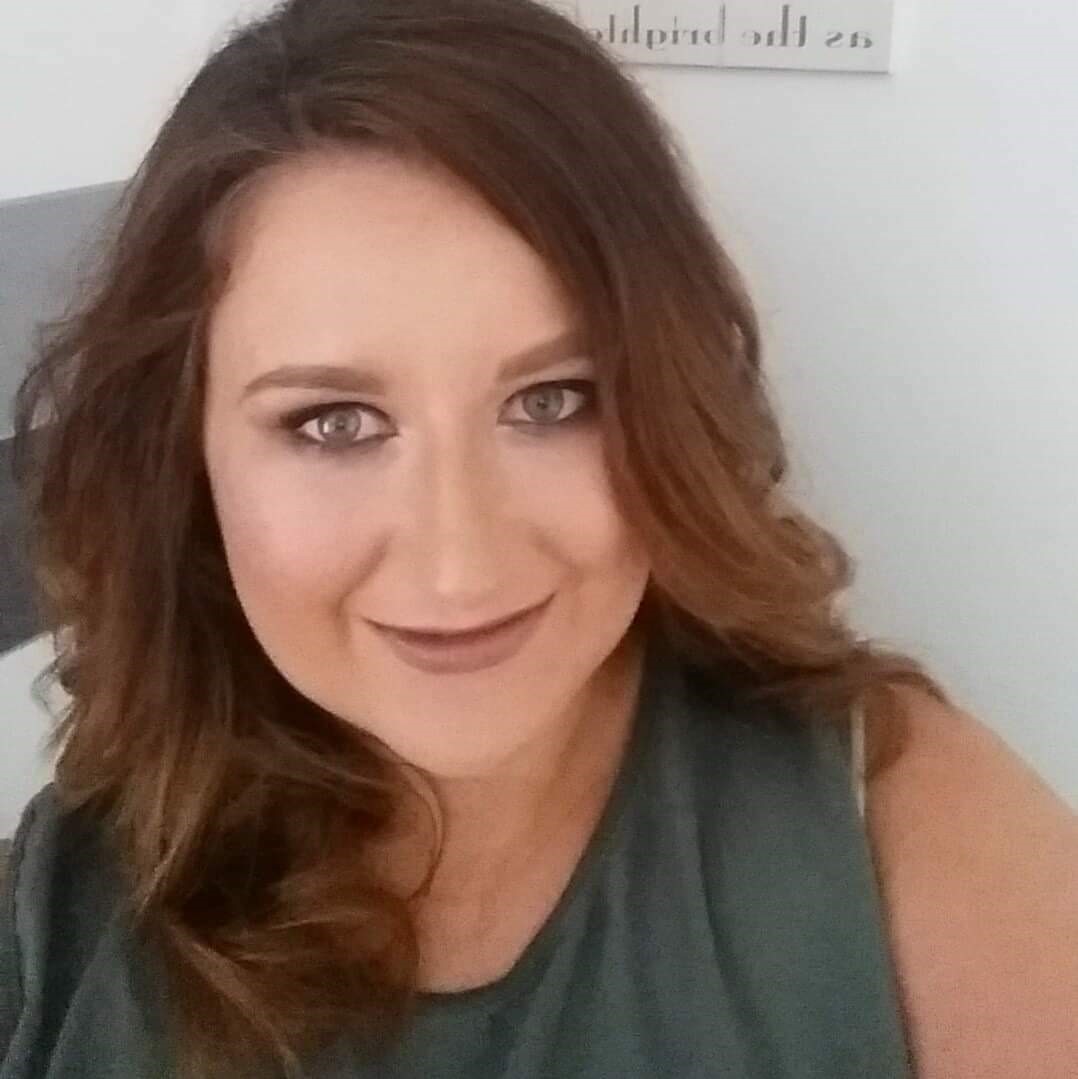
Could I be pregnant?
I was due to work that morning. I spoke to my first client at 7am and noticed that I was still able to write, but still didn’t 100 percent myself.
I then noticed pins and needles in my arms, I rang a colleague and asked them to cover the rest of my clients.
To be absolutely sure I rang my doctor. The receptionist I spoke to asked if I could be pregnant, I told her I had a three year old and didn’t experience this the last time I was pregnant.
Then the phone lines went down and the doctor couldn’t get through to ring me back.
I still had no physical symptoms
I ended up ringing my mum and telling her to come and get me and take me to hospital because Phillip couldn’t drive and we had a three year old in bed sleeping.
When my mum arrived to take me to the hospital, everyone still had doubts about what was happening to me, mainly due to the fact that I still had no physical symptoms.
Even my work didn’t believe me when I rang them on the way to hospital to tell them I thought I might be suffering a stroke.
By the time I got to the hospital though, I couldn’t walk or swallow.
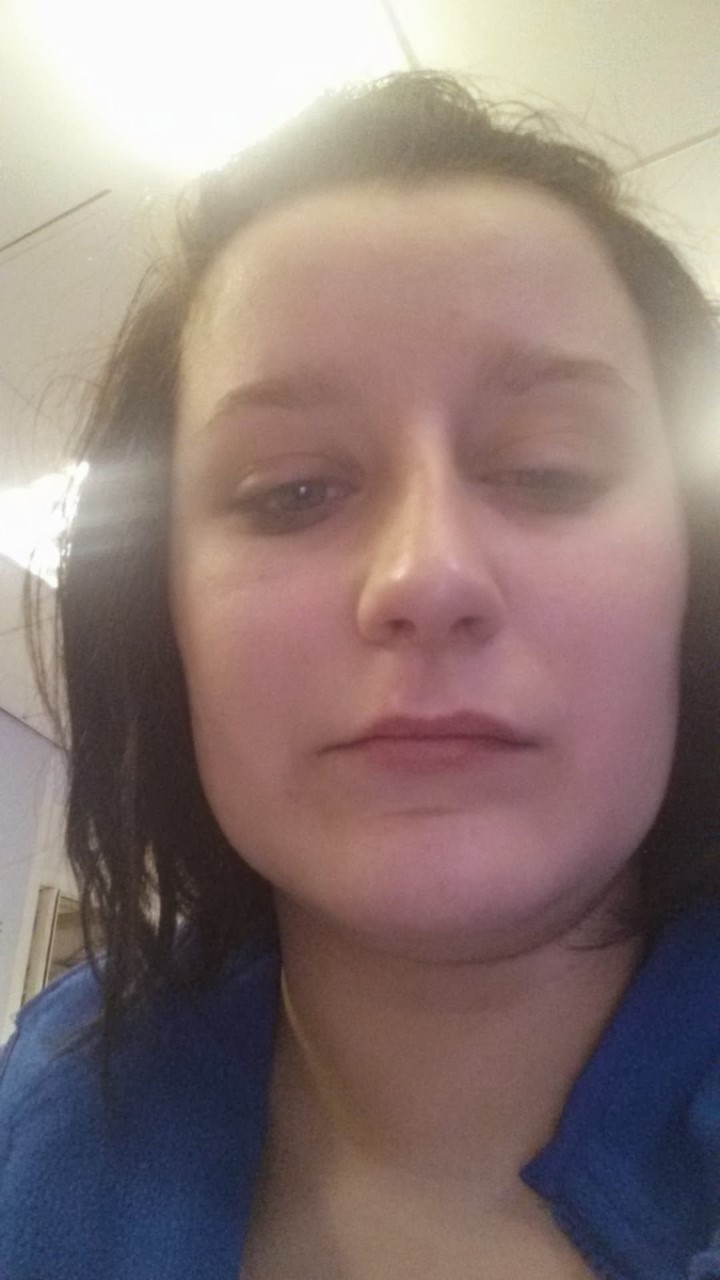
Definitely a stroke
After arriving at the hospital I was walking as if I were drunk. I remember people looking at me in disgust, probably thinking ‘look at that young drunk girl after being out last night for New Year’.
At the hospital I told the triage nurse my suspicions that I was having a stroke. She took my bloods and found me a bed, at which stage I was unable to walk at all.
I remember feeling desperate for a glass of water but I wasn’t allowed any due to the fact that I couldn’t swallow and had started to be violently sick.
The anti-sickness tablets they gave me weren’t working so I continued to be sick and lay in bed for the next five hours until the doctor finally saw me.
it showed two tears in the artery in my neck
Straight away, when the doctor finally saw me, she knew I was suffering a stroke – without even examining me.
I was taken to have a CT scan, but nothing showed up so I then needed to have an MRI scan, but because it was bank holiday the MRI department wasn’t open, so I had to be transferred to a different hospital.
When I eventually had the MRI the following day, it showed two tears in the artery in my neck which caused the clot and therefore the stroke.
The vow I made to myself
In total I was in hospital for nine days. The nurses were brilliant, I remember one nurse in particular who brought her straighteners in from home to straighten my hair for my family to come and see me including my three year old daughter Poppie.
For the first of those nine days, I still couldn’t walk. They came towards me with a Zimmer frame, I immediately said ‘If you are bringing that out for me, I am not using it. I care for older people who use those’.
Of course I did have to use it at first but I swore to myself that by the time I left the hospital I would not need a Zimmer frame – and I didn’t – I left hospital using only crutches.

Battling the long-term side effects
Five years later I still have difficulty swallowing, memory loss, suffer daily fatigue and walk with the aid of a stick.
When I am especially tired, my swallow is noticeably difficult. It feels as if something has gone down the wrong pipe which is frustrating and embarrassing if it leads to a choking fit.
You can still see a difference in my face too. If I was to stop talking and you were to look at me, you can see that one side is lower than the other, but luckily it isn’t obviously noticeable.
I need a stronger lens in one eye since the stroke and when I get tired my eye closes over and one pupil appears larger than the other, but again it isn’t that noticeable unless you have a proper look up close.
One very odd side effect is my ability to not feel pain on one side of my body
I haven’t said this to many people, but I don’t like laughing in public. That’s because, when I am in fits of laughter, I feel that my eyes are closing and my face feels funny. I don’t know if it’s visible to other people but I choose not to laugh just in case it is.
One very odd side effect is my ability to not feel pain on one side of my body. If I were to put my hand in the fire it would stay cold, which is why I have to make sure that when I get into the bath I have to get in with my good side or I wouldn’t be able to feel the heat and would essentially burn myself without even knowing.
What’s more, if someone hit me I would have some feeling of ‘oh that was meant to be sore’ but although I know in my head it should hurt, it just doesn’t.
My short term memory is also still affected. If I didn’t write things down, I wouldn’t make appointments and would be forgetting everything, I have to use a calendar and a diary and just hope I remember to look at them.
Even my mood still hasn’t fully recovered. I have always been snappy but I am even snappier nowadays. If on a really bad day somebody even looks at me wrong, I bite their head off.
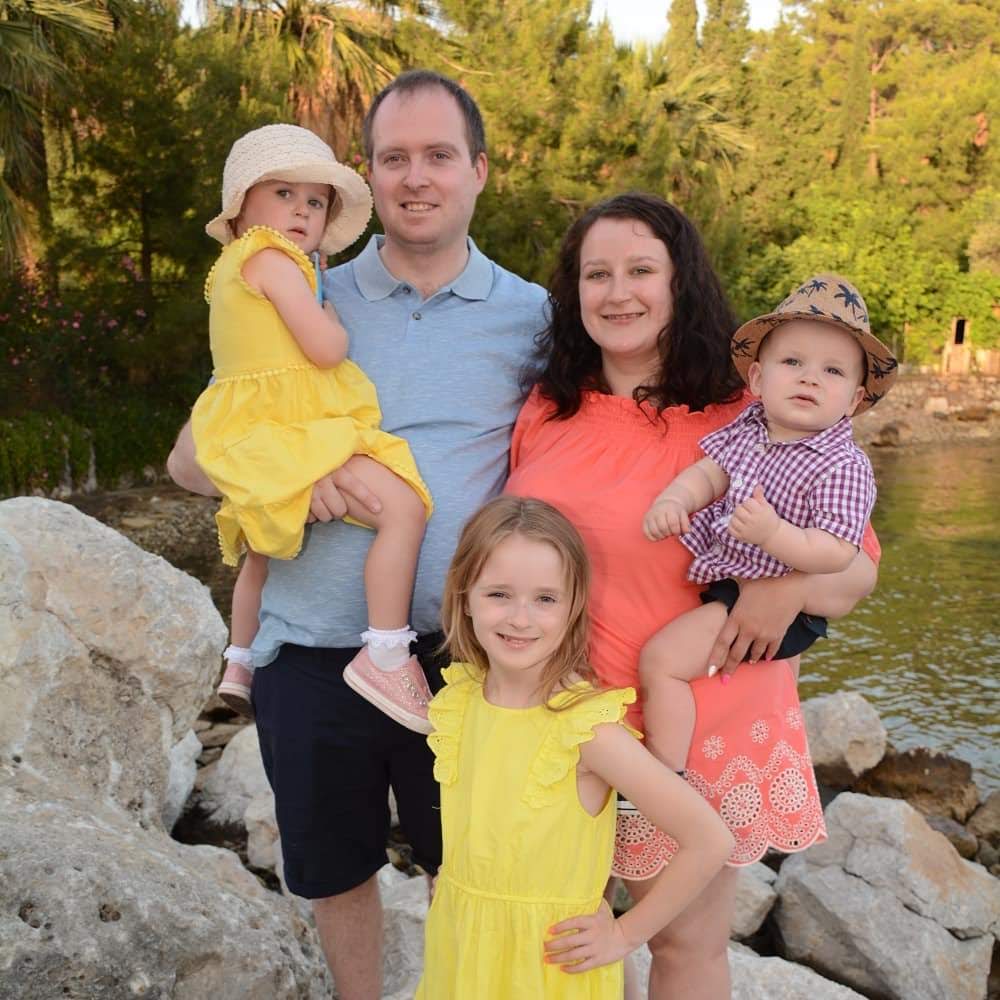
Motherhood is my biggest challenge
The lasting fatigue is my biggest challenge, especially when it comes to being a mother.
I need to sleep in the afternoon every day, if I didn’t I would be in bed by 6pm (if not before then) and not be able to help Poppie with her homework.
What is most upsetting is that I cannot be left alone with my children for long periods. The only time I am left alone is if someone leave the room briefly or does a quick visit to the shops.
I can’t take my children to the park alone and I have to keep doors and gates locked as I would never be able to chase after them.
What makes it hard for me is that I feel like my children are missing out on that one to one mother and child time.
I can’t take my children to the park alone
For my oldest child Poppie it has been especially hard for her to get used to the fact that I had gone from being so involved to not being able to be there for her like I used to be.
I started to feel like I was a burden on everybody which was very hard for me to get my head around.
Phillip or my mum would be helping me in the shower and in and out of the bath, helping me get dressed. I couldn’t reach anything or even put something on like my bra.
Without my friends and family I don’t know what I would do.
There is still life after a stroke
Your life isn’t over after a stroke. Yes I was only 23, but since then I have had two more children, Heidi and Blake.
You can go on to have families and try to live a normal life and that’s something I want everyone to know.
Since my stroke, I am now the secretary for the Orchard Women after Stroke group, a Stroke Association Volunteer Group providing peer support for women rebuilding their lives after a stroke.
I am the youngest member who attends now, but I wasn’t the youngest member to have had a stroke. One of the girls (who is older than me), had her stroke when she was nine years old.
Although I can’t go back to work yet, my plan is to go back to school and train to be a midwife or stroke nurse. I’m taking things a day at a time, but that future aim is one thing that keeps me going.
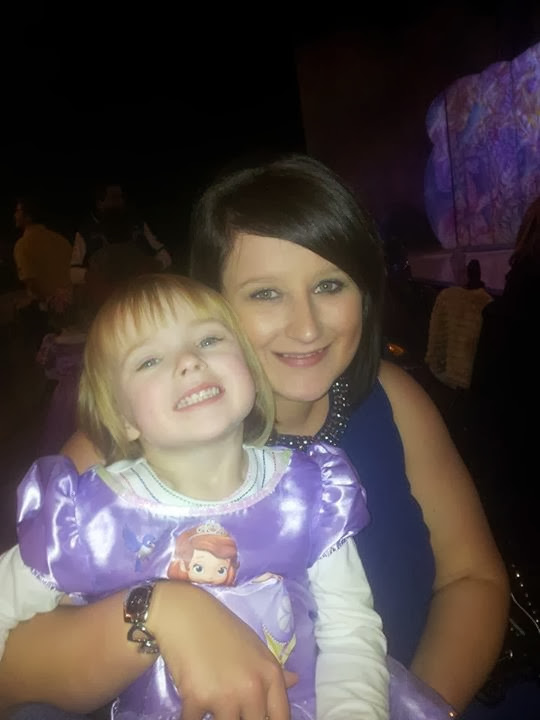
Go with your gut
I should have gone with my gut when it came to calling the ambulance that morning.
I had my suspicions that I was suffering a stroke and could feel my face drooping. It may not have been visual, but I could feel it and should have gone to hospital straight away.
My mum asked the doctors whether getting an ambulance sooner could have reversed the side effects of the stroke.
Call the ambulance no matter what. Do not delay
But the truth is, because I woke up with the effects of a stroke, the doctors have no idea when my stroke actually began.
Despite this though, it’s so important that you get to a hospital as soon as you can.
Call the ambulance no matter what. Do not delay.
Stroke Association
Call the Stroke Helpline: 03033033100
or email: info@stroke.org.uk
More Healthista Content:
Can a high protein diet protect against stroke?
‘I was addicted to my alcoholic partner’
‘I’ve had severe eczema since I was six – this helped’
Do pets reduce our stress? 12 ways your pet is boosting your wellbeing
7 ways gender stereotypes hold women back at work – plus how to tackle them
Like this article? Sign up to our newsletter to get more articles like this delivered straight to your inbox.



